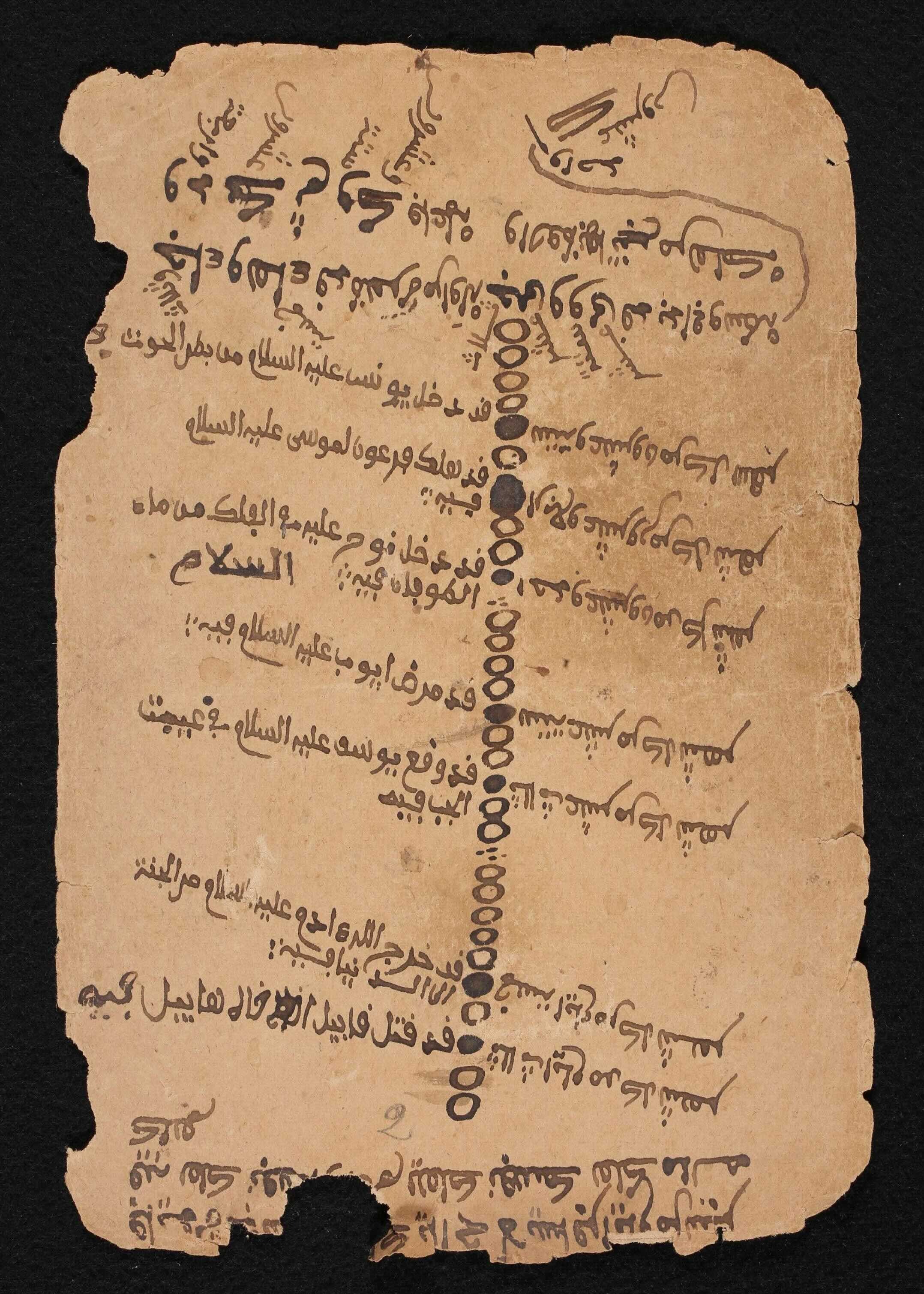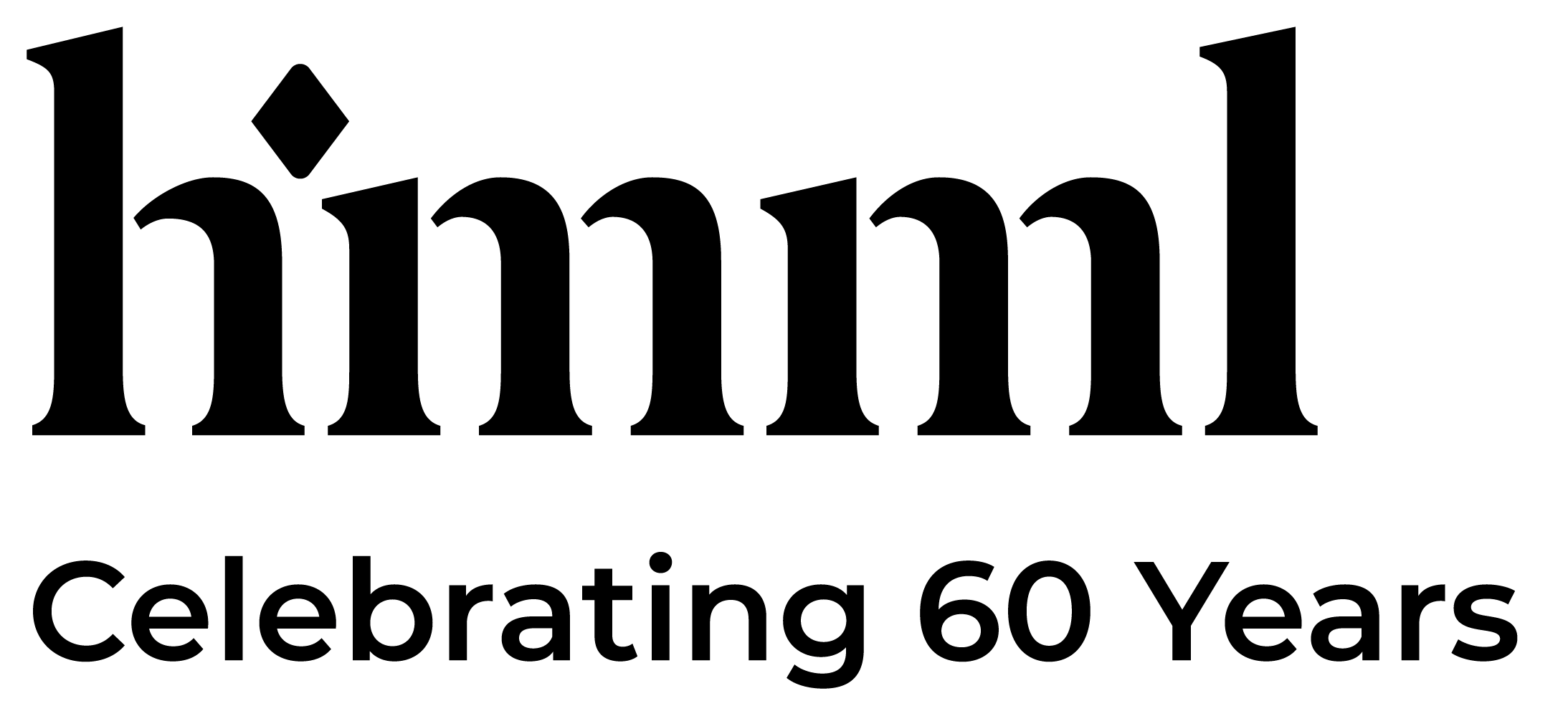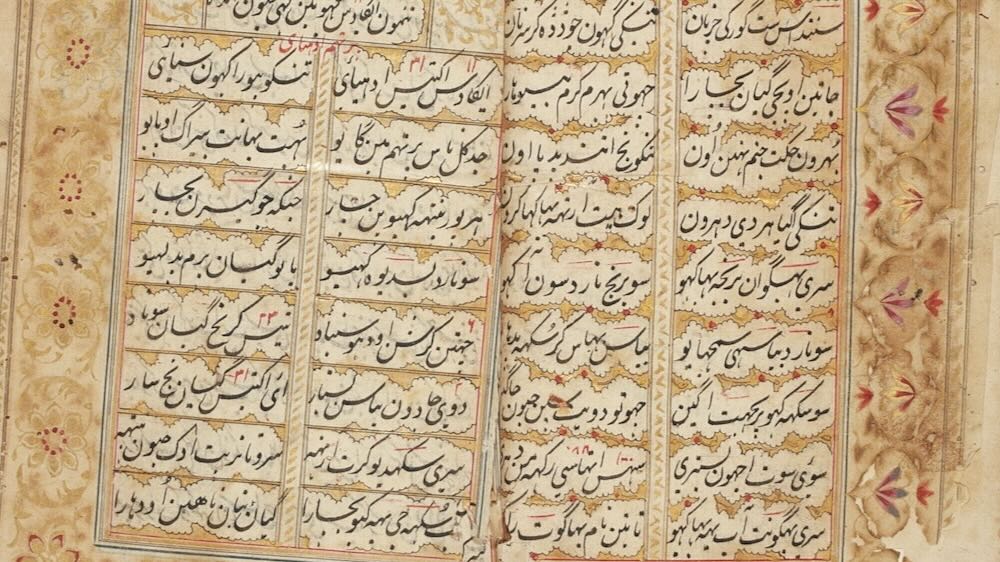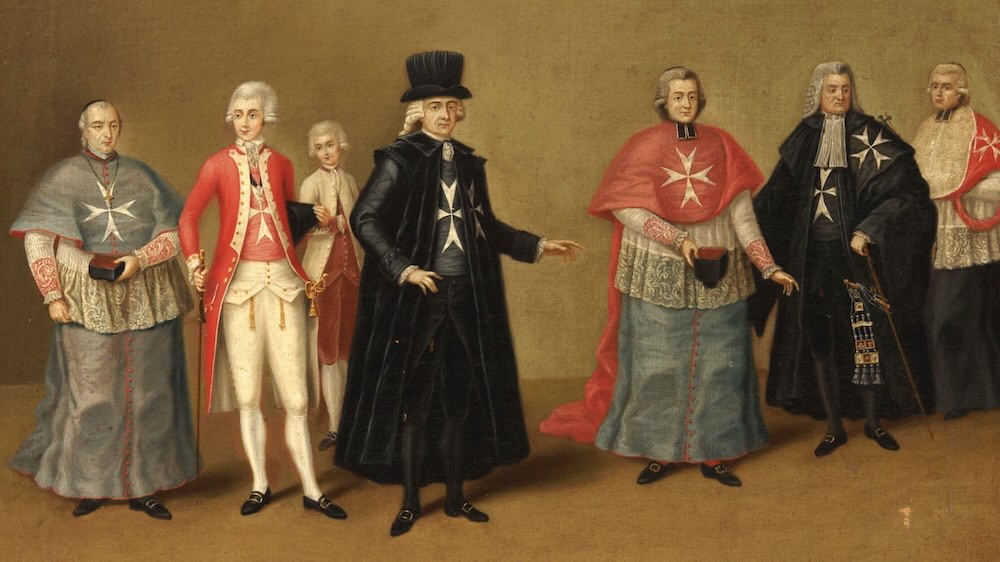Eclipses In Early Muslim History — Between Myth And Reality
Eclipses in Early Muslim History — Between Myth and Reality
This story is part of an ongoing series of editorials in which HMML curators and catalogers examine how specific themes appear across HMML’s digital collections. From the Islamic collection, Dr. Ali Diakite and Dr. Paul Naylor have this story about Weather.
In Arabic, there are separate words for a solar eclipse (al-kusūf) and a lunar eclipse (al-khusūf). The best-known eclipse mentioned in Muslim sources was the solar eclipse that occurred on January 27, 632 CE, which coincided with the death of Prophet Muhammad’s 18-month-old son, Ibrahim. The eclipse caused speculation in the early Muslim community about whether it was a sign from God lamenting this loss. However, Muhammad verified that the two events were not related, saying in a hadith:
“The sun and the moon do not eclipse because of the death or life of someone. When you see the eclipse, pray and invoke God.”
Accordingly, at the start of a solar or lunar eclipse Muslims have since gathered for a unique prayer: Ṣalāt al-kusūf. The prayer begins with two rakaʻāt—prayer movements—and is followed by a reading of the Qur’an’s longest chapter, Sūrat al-Baqarah. The reading can take several hours but can be stopped if the eclipse finishes before the reading is complete. After the prayer, the imam may deliver a sermon encouraging the faithful to make supplications to God, as in the aforementioned hadith. Muslims across the world continue the same prayer today; for example, the August 2017 solar eclipse that was witnessed in central Illinois saw the Central Illinois Mosque & Islamic Centre, in Urbana-Champaign, open its doors for Ṣalāt al-kusūf.
Splitting the Moon
Muslim literature on the eclipse has also been shaped by a verse in the Qur’an (54:1):
“The Hour is at hand and the moon has been split.”
Some commentators say that the verse refers to a lunar eclipse and was meant to calm the fears of the people who witnessed it. Others say the verse refers to a moment—five years before the early Muslims were forced to flee Mecca—when Muhammad was asked to prove to the Quraysh (the ruling family of Mecca at the time) his unique nature and close relationship with God. To do this, Muhammad literally split the moon in two. The verse that follows—“But if they see a Sign, they turn away, and say, ‘This is [but] transient magic.’”—refers to members of the Quraysh who rejected the event as a magic trick or illusion. But the Qurʼan itself does not say definitively whether the splitting of the moon can be counted among the miracles of the Prophet.
In the Timbuktu libraries preserved by HMML, several manuscripts bear the title Inshiqāq al-Qamr (The Splitting of the Moon). The text is a dramatization of Muhammad’s encounter with the Quraysh and his performance of several miracles (among them the splitting of the moon) that are not found in other sources. ʻUmar al-Turūdī, a scholar from northern Nigeria, included the text in his list of unreliable books that was circulated in the 19th century.
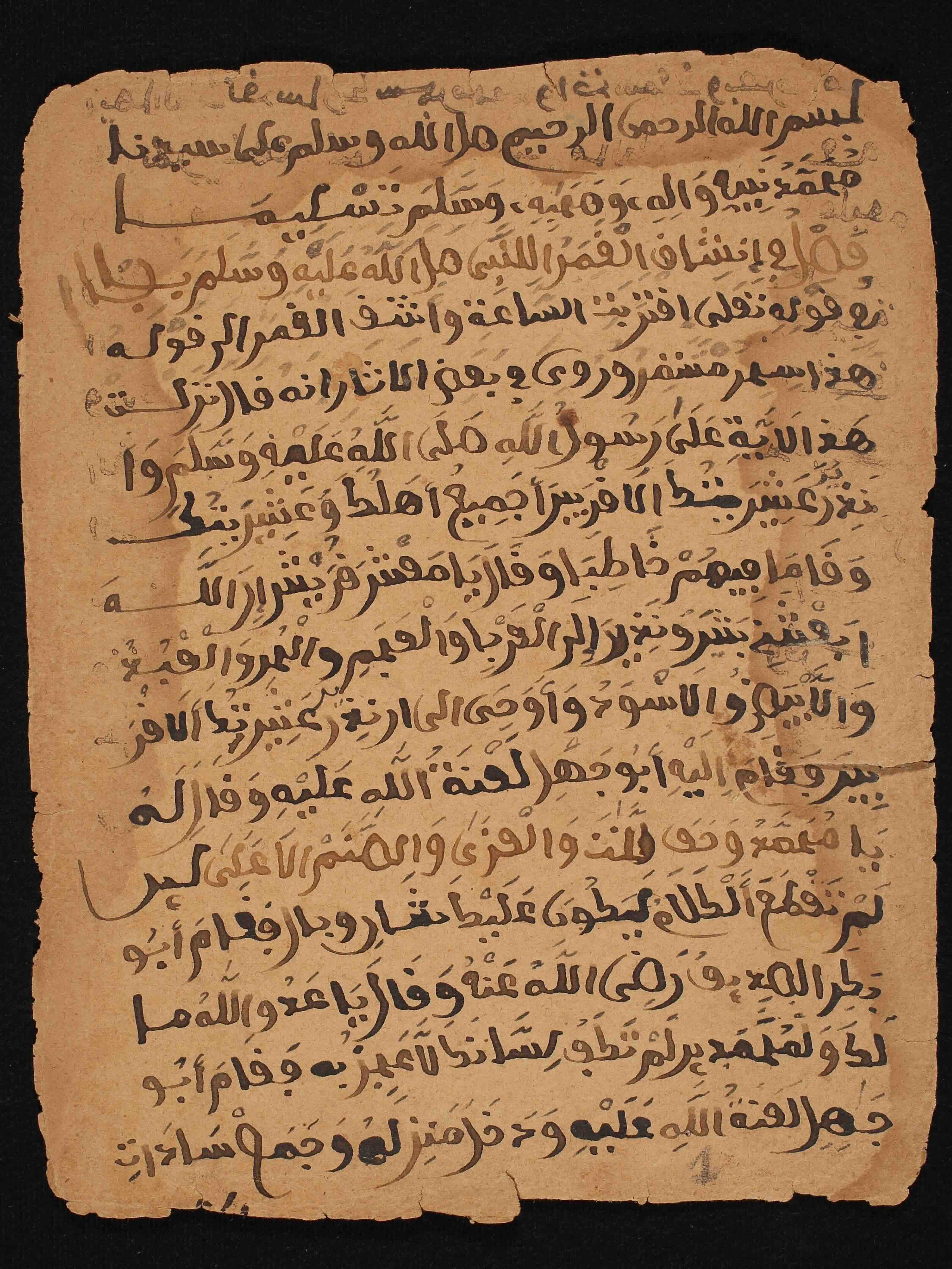
Consider the Calendar
Most manuscripts concerning the sun and moon that we have encountered are in fact about the calendar, such as al-Baṭawī’s poem on timekeeping or al-Mirightī’s popular abridgement of it. The poem discusses the lunar and solar calendars, using the Islamic months as well as terms for the solar months from the Gregorian calendar and the old Babylonian calendar, used in much of the Middle East.
We also find short works ascribing good or bad fortune to lunar eclipses depending on which month of the year the eclipse falls. For eclipses during the month of Ramadan—which this year is equivalent to March 11th to April 9, 2024—one short text (ELIT AQB 01974) promises that “there will be much happiness.” However, another (ELIT ESS 00035) says that if an eclipse occurs during Ramadan “there will be much evil, and plague will emerge across the world.” Let us hope it is the former!
The solar eclipse of 2024 is an especially interesting time for Muslims in North America. It occurs on the 29th of Ramadan, which could be one of the nights selected for Laylat al-Qadr (The Night of Destiny), the moment Muslims believe that the Qurʼan was first revealed. The day is the most important of the Muslim calendar. It is described in the Qurʼan (97:1-3) as better than a thousand months, and a time when Gabriel and the angels are physically present on the earth. Among the other obligations of this special time, some Muslims in the eclipse’s path will no doubt head to the mosque to pray Ṣalāt al-kusūf, while others will go outside to view the spectacle for themselves.
